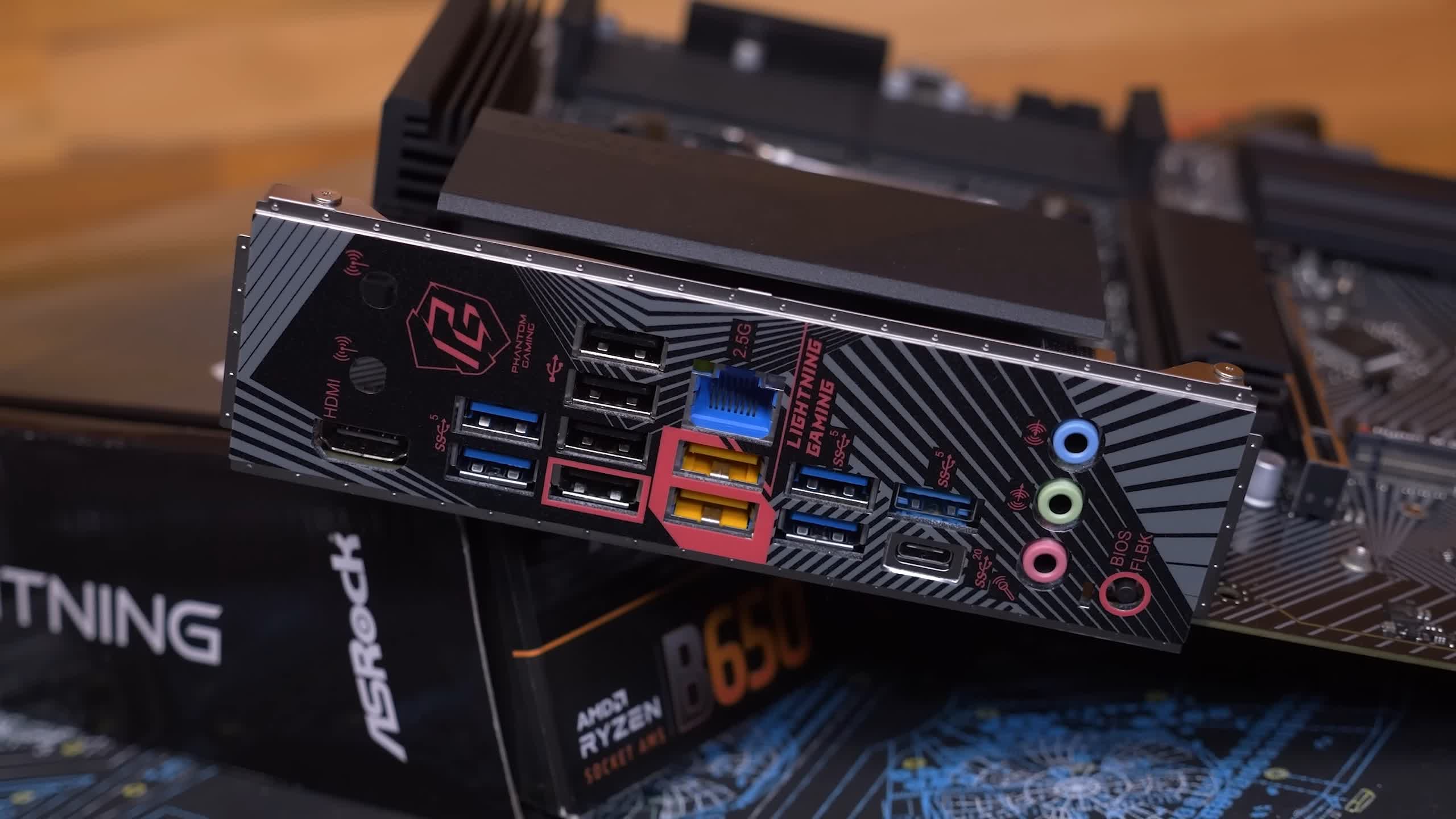Maybe a tip which could be useful to some people (with Asrock boards?):
I got a new build last week, with an Asrock B650M Pro RS WiFi (bios 1.28, AGESA 1.0.0.7b) + 7800x3d + G.Skill 6000 cl32 32gb (2x16) sk hynix A-die kit. I noticed, that the PC became way more stable, if I lowered the following voltage settings, which were set by the EXPO profile:
SOC 1.30V (EXPO) => 1.15V
VDDP 1.15V (EXPO) => auto (0.95V)
Especially lowering VDDP from 1.15V to auto, which sets 0.95V, helped a lot. Not sure why, but this build seems to be way more happy with lower voltage settings, especially for VDDP.
I even lowered afterwards following settings down and thy system seems still be stable:
VDD 1.35V (EXPO) => 1.25V
VDDQ 1.35V (EXPO) => 1.25V
VDDIO (memory controller) 1.35V (EXPO) => 1.25V
I left the RAM primary as they came, 32 38 38, but used
Buildzoids timings for SKH 6000 with infinity fabric at 2033MHz. Very important: had to leave DDR power down mode on auto, disabling froze the PC also in bios.
and I set a curve optimizer of all negative -30, and reduced PPT to 75W. I get 18500 in Cinebench R23 with these settings, and PC seems to be stable, also in OCCT cpu + memory SSE tests, where I got errors before when VDDP was still on 1.15.
I have super fast boot times, around 10 seconds or so to Windows 11 desktop (with fast startup disabled).







